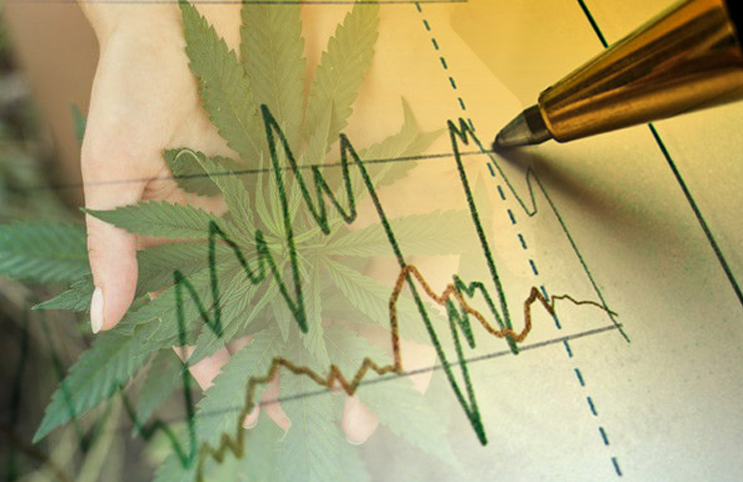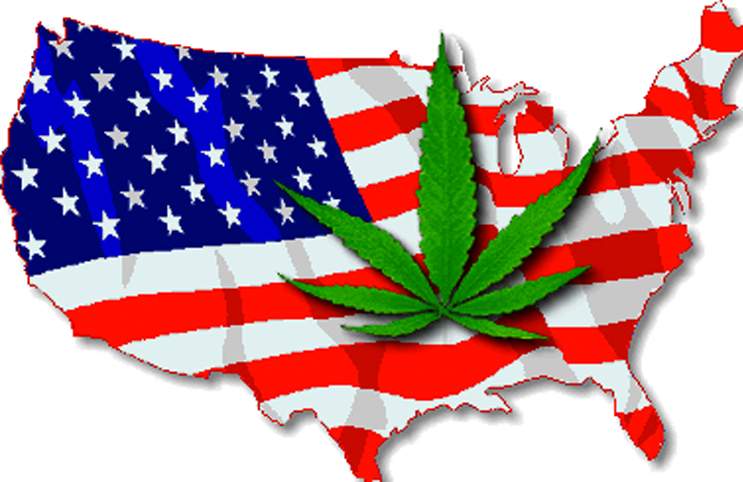On May 16th, President Obama officially approved the Transnational Drug Trafficking Act, which expanded the global reach of United States drug enforcement. The law makes it illegal to make drugs anywhere internationally if the producers “intend, know, or have probable cause to believe” are going to be trafficked into the United States. Critics say that the language is too broad and might hurt those who currently grow marijuana, coca leaf, or even opium.
Here is what co-sponsor Sen. Dianne Feinstein said in a press release: “Drug traffickers and criminal organizations in other countries consistently find new ways to circumvent our laws, and the Transnational Drug Trafficking Act gives the federal government the tools it needs to aggressively pursue and prosecute those outside the United States who traffic illegal—often deadly—drugs. This new legal authority is critical as we work to address the opioid epidemic. For example, drug kingpins from countries like Colombia and Peru often use Mexican trafficking organizations as mules to bring illegal narcotics into the United States. Now, the Justice Department will be able to take legal action against these kingpins. This bill also allows penalties to be imposed on individuals from other countries who bring chemicals into the United States knowing they will be used to make illegal drugs like meth and heroin. These changes will help law enforcement keep illegal narcotics out of the United States.”
The approval of the law actually gained more press coverage in South American than the United States. Colombian media presented the issue has a huge issue for all the coca growers in the country. This would cause a huge uproar in the country. There is not much pardoning for guerrilla warfare which is concerning the leaders. The FARC has made it evident that if the leaders are negatively affected, they are not going to comply.
MAPH Enterprises, LLC | (305) 414-0128 | 1501 Venera Ave, Coral Gables, FL 33146 | new@marijuanastocks.com











1 comment
You get global warming but you are clueless to the benefits of worldwide cannabis legalization.